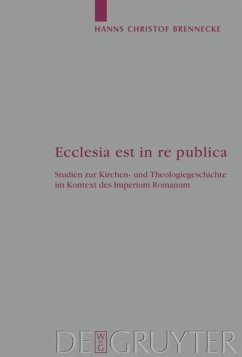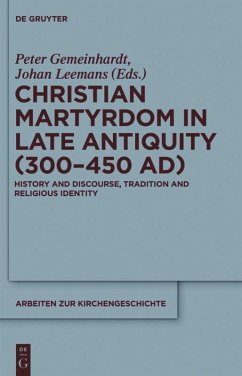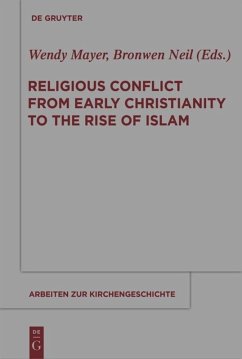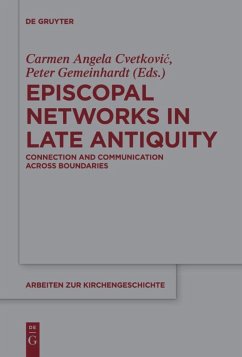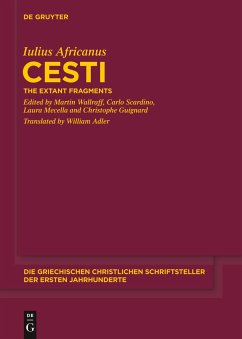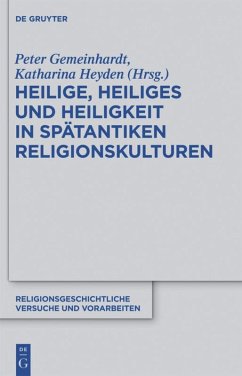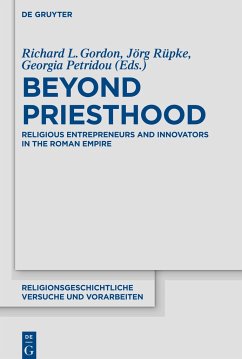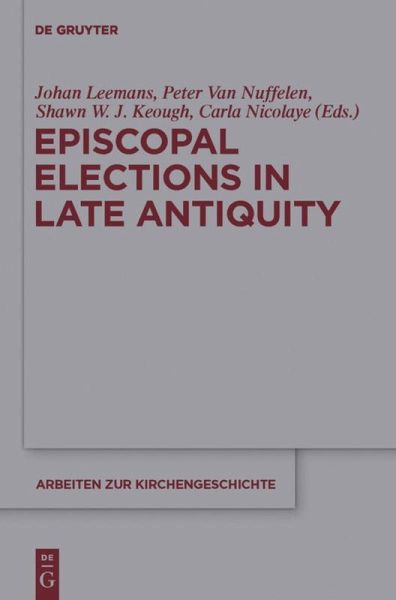
Episcopal Elections in Late Antiquity
Versandkostenfrei!
Versandfertig in 1-2 Wochen
157,99 €
inkl. MwSt.

PAYBACK Punkte
79 °P sammeln!
The present volume contributes to a reassessment of the phenomenon of episcopal elections from the broadest possible perspective, examining the varied combination of factors, personalities, rules and habits that played a role in the process that eventually resulted in one specific candidate becoming the new bishop, and not another. The importance of episcopal elections hardly needs stating: With the bishop emerging as one of the key figures of late antique society, his election was a defining moment for the local community, and an occasion when local, ecclesiastical, and secular tensions were ...
The present volume contributes to a reassessment of the phenomenon of episcopal elections from the broadest possible perspective, examining the varied combination of factors, personalities, rules and habits that played a role in the process that eventually resulted in one specific candidate becoming the new bishop, and not another. The importance of episcopal elections hardly needs stating: With the bishop emerging as one of the key figures of late antique society, his election was a defining moment for the local community, and an occasion when local, ecclesiastical, and secular tensions were played out. Building on the state of the art regarding late antique bishops and episcopal election, this volume of collected studies by leading scholars offers fresh perspectives by focussing on specific case-studies and opening up new approaches. Covering much of the Later Roman Empire between 250-600 AD, the contributions will be of interest to scholars interested in Late Antique Christianity across disciplines as diverse as patristics, ancient history, canon law and oriental studies.



